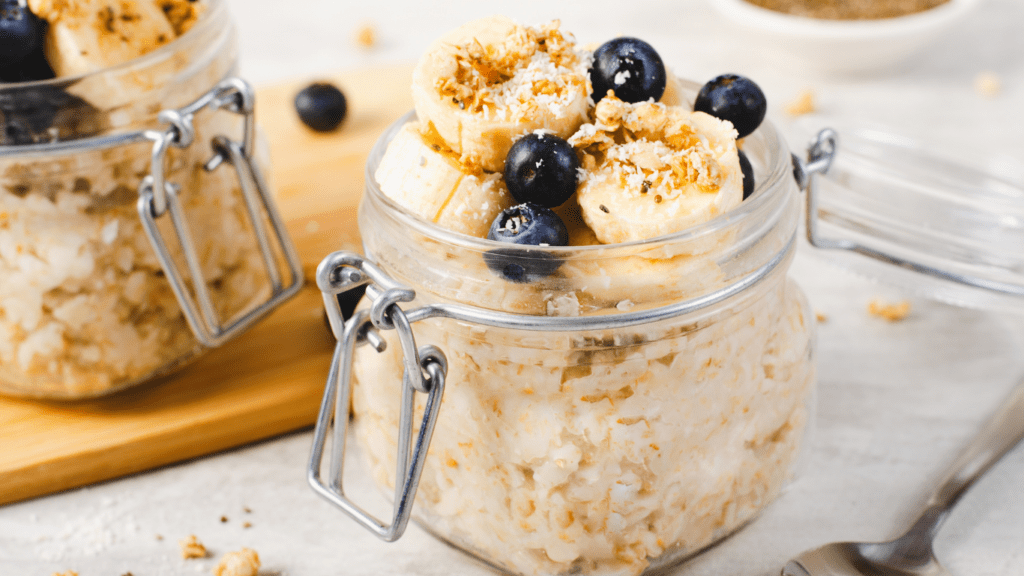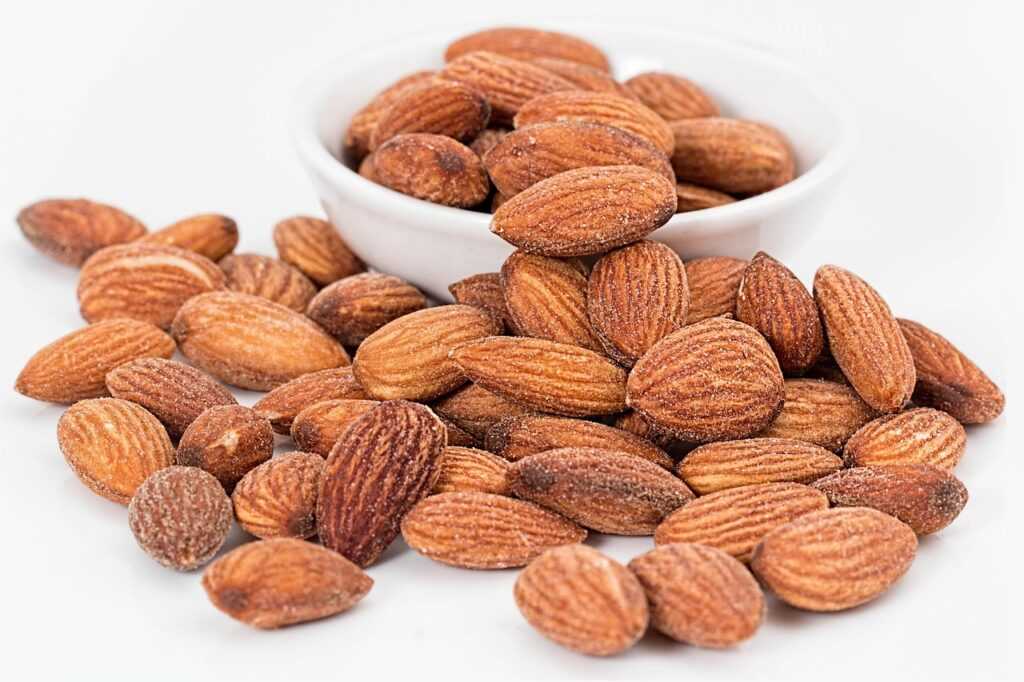Overview of Healthy Snacking for Children
Healthy snacks provide essential nutrients to support children’s growth and development. Here’s a closer look at why nutritious snacks matter and the specific nutritional needs of children.
Importance of Nutritious Snacks
Nutritious snacks play a vital role in children’s diets. They help maintain energy levels throughout the day, support cognitive function, and contribute to overall health. Snacks rich in vitamins, minerals, and fiber can prevent childhood obesity and other health issues.
For instance, fruits, vegetables, whole grains, and low-fat dairy products offer valuable nutrients without excess sugar or unhealthy fats.
Nutritional Needs of Children
Children have unique nutritional needs due to their rapid growth and development. They require balanced intakes of macronutrients and micronutrients to stay active and healthy. Key nutrients include:
- Proteins: Essential for muscle growth and repair. Sources include lean meats, nuts, and legumes.
- Calcium: Critical for bone development. Found in dairy products, fortified plant milks, and leafy greens.
- Iron: Important for blood health. Available in meat, beans, and iron-fortified cereals.
- Vitamins A, C, and D: Support immune function and overall health. Present in fruits, vegetables, and fortified foods.
- Fiber: Aids in digestion and prevents constipation. Found in whole grains, fruits, and vegetables.
Providing nutrient-dense snacks ensures children get the necessary nutrients to thrive.
Criteria for Selecting Healthy Snacks

Choosing healthy snacks for children involves several factors. Snacks must not only support nutritional needs but also accommodate personal preferences and dietary restrictions.
Balancing Taste and Nutrition
Children may refuse snacks if they don’t find them tasty. Therefore, balancing taste and nutrition is crucial. Opt for snacks that incorporate both flavors and health benefits. For example, fruit smoothies provide vitamins and fiber while satisfying sweet cravings.
Yogurt with berries delivers probiotics and antioxidants. Offer snacks kids already enjoy, modified to enhance their nutritional profile, like baked sweet potato fries instead of regular fries.
Considering Allergies and Dietary Restrictions
Children often have allergies or dietary restrictions that must be accounted for. Snacking options should always be safe for them to consume. For instance, for children with gluten allergies, snacks like rice cakes or gluten-free granola bars are suitable.
For lactose intolerance, dairy-free yogurts and cheeses offer good alternatives. Always read labels to verify the absence of allergens. Adjust family favorites to fit these dietary needs, ensuring all children enjoy healthy and inclusive snacks.
Top 10 Healthy Snacks for Children
Finding nutritious snacks children enjoy can be challenging. Here are the top 10 healthy snacks to consider.
Fruits and Vegetable Options
Fruits and vegetables are excellent snack choices. They’re packed with essential nutrients and are naturally low in calories.
- Apple slices with peanut butter
- Carrot sticks with hummus
- Mixed berries
- Celery sticks with cream cheese
- Grape and cheese kabobs
Protein-Packed Snacks
Protein supports growth and development in children. It helps build muscles, repair tissues, and maintain a healthy immune system.
- Hard-boiled eggs
- Greek yogurt with honey
- Edamame
- Turkey and cheese roll-ups
- Cottage cheese with pineapple
Whole Grain Choices
Whole grains provide fiber and essential nutrients. They help with digestion and provide sustained energy.
- Whole grain crackers with cheese
- Air-popped popcorn
- Whole wheat pita with hummus
- Oatmeal with fresh fruits
- Brown rice cakes with avocado
Dairy Delights
Dairy products are rich in calcium. They strengthen bones and teeth, and provide protein and essential vitamins.
- Yogurt parfait with granola
- String cheese
- Milk with a splash of natural chocolate syrup
- Cottage cheese with sliced peaches
- Frozen yogurt pops with real fruit
Incorporating a variety of these snacks ensures that children receive the nutrients they need in delicious, accessible forms.
Tips for Introducing New Snacks
Healthy snacking ensures that children receive essential nutrients. Introducing new snacks can be tricky without the right approach.
Making Snacks Fun and Appealing
Children respond well to visually appealing foods. I recommend creating fun shapes and designs with fruits and vegetables. Use cookie cutters for sandwiches or arrange sliced veggies into colorful patterns.
Adding a dip, like hummus or yogurt, keeps it interesting. A bento box with compartments for different snacks also makes the snack time experience more enjoyable.
Encouraging Self-Choice and Autonomy
Children are more likely to try new snacks if they make some choices. I let children select from several healthy options. Involving them in the snack preparation process, like washing fruits or mixing ingredients, fosters a sense of ownership.
This approach promotes independence and makes trying new snacks a positive experience.

 Sarah Ainslie is an experienced article writer who has played a crucial role in the development of Toddler Health Roll. With a passion for child health and wellness, Sarah's writing offers parents insightful and actionable advice on nurturing their toddlers. Her articles are well-researched and thoughtfully crafted, providing practical tips on everything from nutrition to emotional well-being, making her contributions invaluable to the platform.
Sarah's dedication goes beyond just writing; she has been instrumental in shaping the content and direction of Toddler Health Roll, ensuring that it meets the needs of parents seeking reliable guidance. Her work has helped establish the platform as a trusted resource for families, offering comprehensive support for raising happy, healthy toddlers.
Sarah Ainslie is an experienced article writer who has played a crucial role in the development of Toddler Health Roll. With a passion for child health and wellness, Sarah's writing offers parents insightful and actionable advice on nurturing their toddlers. Her articles are well-researched and thoughtfully crafted, providing practical tips on everything from nutrition to emotional well-being, making her contributions invaluable to the platform.
Sarah's dedication goes beyond just writing; she has been instrumental in shaping the content and direction of Toddler Health Roll, ensuring that it meets the needs of parents seeking reliable guidance. Her work has helped establish the platform as a trusted resource for families, offering comprehensive support for raising happy, healthy toddlers.
